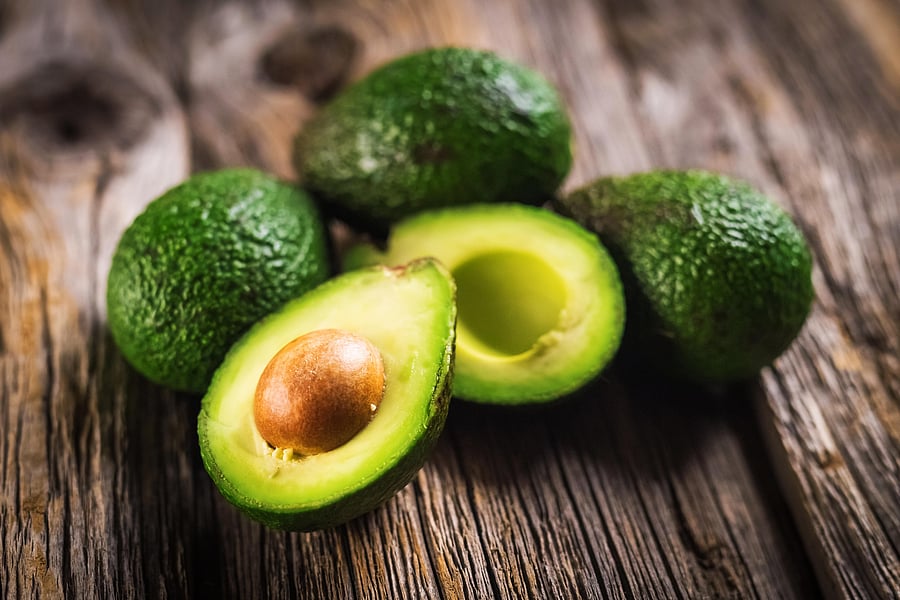Eating Avocados No Aid for Visceral Fat Loss

TUESDAY, July 19, 2022 (HealthDay News) -- Eating a daily avocado for six months does not reduce visceral adipose tissue volume among individuals with elevated waist circumference, according to a study published online July 5 in the Journal of the American Heart Association.
Alice H. Lichtenstein, Ph.D., from Tufts University in Boston, and colleagues assessed the impact of consuming one large avocado per day for six months versus a habitual diet on visceral adiposity. The analysis included a diverse group of 1,008 free-living individuals with an elevated waist circumference.
The researchers found that change in visceral adipose tissue volume was not significantly different between the avocado-supplemented and habitual diet groups. There were no significant group differences observed for the secondary outcomes of hepatic fat fraction, high-sensitivity C-reactive protein, and components of the metabolic syndrome. Modest but nominally significant reductions were seen in total and low-density lipoprotein cholesterol for the avocado-supplemented group versus the habitual diet group. The two groups were similar with respect to additional and post hoc measures of body weight, body mass index, insulin, very low-density lipoprotein concentrations, and the total cholesterol:high-density lipoprotein cholesterol ratio.
"While the avocados did not affect belly fat or weight gain, the study still provides evidence that avocados can be a beneficial addition to a well-balanced diet," a coauthor said in a statement.
Related Posts
Health Highlights: Feb. 3, 2023
Working gets tough when grieving a lost spouse. People who returned to work...
ASCO: Ramucirumab Plus Pembrolizumab Promising in NSCLC
THURSDAY, June 9, 2022 (HealthDay News) -- Early research shows that overall...
Treatment for Common Rotator Cuff Ailment May Be Useless
THURSDAY, Oct. 12, 2023 (HealthDay News) -- Treating shoulder pain with steroid...
Weight Loss Surgery a Good Option for Severely Obese Kids: Study
TUESDAY, Sept. 28, 2021 (HealthDay News) -- Severely obese children who are...
